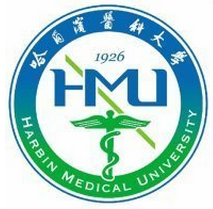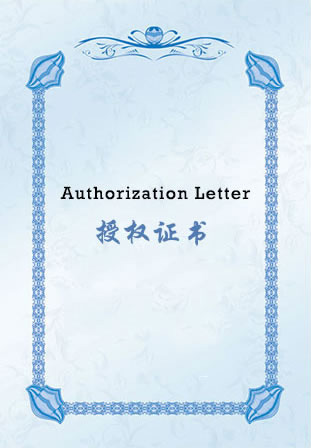HMU was founded in 1926. HMU is key “Project 211” university in Heilongjiang Province.
The affiliated institutions of HMU include: School of Basic Medical Sciences, School of Public Health, School of Pharmacy, School of Health Administration, Department of Bioinformatics, Department of Humanities and Social Sciences, Graduate School, School of Adult Education (School of Continuing Education), five medical schools (affiliated hospitals), School of Dentistry, School of Nursing, and Daqing Campus. Organizations based in HMU include Center for Endemic Disease Control of CDC, National Research Center for Clinical Trial of New Drugs, Russian Language Training Center of the Ministry of Health, Heilongjiang Branch of China Medical Academy and Heilongjiang Provincial Medical Academy.
15321 students are currently enrolled in HMU, including 673 full-time PhD students, 3796 master student, 7098 undergraduate students and 232 international students.
It has 8 first-grade doctorate degree programs including basic medical sciences, clinical medicine, public health and preventive medicine, biology, biomedical engineering, public management, pharmacy, nursing, and 11 first-grade master’s degree programs. 57 second-grade doctorate degree programs, and 61 second-grade master’s degree programs. HMU has 5 postdoctoral research programs and 2 postdoctoral work stations. There are 3 national key disciplines.
HMU boasts advanced clinical technology. The five medical schools (affiliated hospitals) are ranked at top level, of which 3 are listed among the "100 best hospitals" in China.
As the first medical school in China, HMU received the pilot accreditation on basic medical education referenced by WFME Global Standards, and has achieved all the 36 WFME basic standards,of which 25 have reached high quality standards. The foreign experts highly evaluate HMU.
HMU has cooperative relations with over 40 colleges and universities in 12 countries or regions.








 Chinese
Chinese
 English
English
 Korean
Korean
 Japanese
Japanese
 French
French
 Russian
Russian
 Vietnamese
Vietnamese
